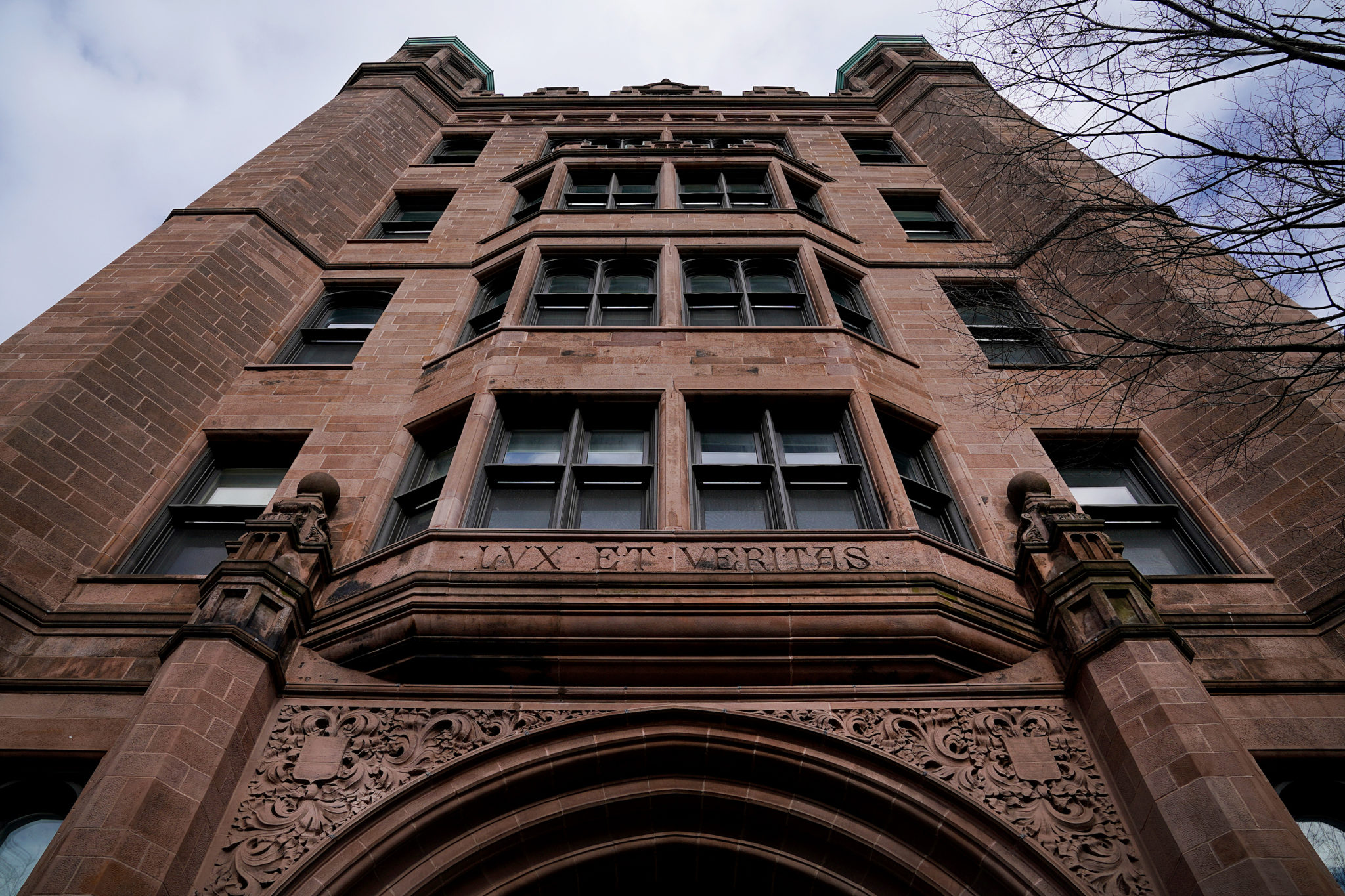
Tim Tai, Photography Editor
On Sunday, the Yale College Council announced the results of the First-Year Class Council and YCC Senate elections.
Seven YCC Senate seats across five colleges — Benjamin Franklin, Berkeley, Branford, Grace Hopper and Pauli Murray — were up for grabs. While many colleges had only two candidates running, meaning their Senate seats were uncontested, the elections for Branford and Benjamin Franklin resulted in ties.
“YCC works on a lot of policy issues within the school, and [makes] sure that we’re bettering life at Yale for all students,” explained Esha Garg ’26, a newly elected senator from Grace Hopper. “I did similar work like that in high school, and I thought that it would be really cool to continue doing that here at Yale.”
Although YCC Senate elections are held in the spring, the body has struggled in recent years to retain upperclassmen, leaving seats open in the fall. Students from any class year were eligible to run this election cycle.
Some of Garg’s goals include altering the add/drop period, instituting free laundry on campus and creating an anonymous form for students to easily voice their concerns. Garg added that as a first year, she is excited for the opportunity to “learn what’s actually going on within Yale — what’s good, plus what needs work.”
The Class of 2026 also voted to send first years from each residential college to serve on the FCC. Unlike the YCC Senate, which works on a university-wide level, the FCC plans events solely for the first-year class.
“I was attracted by the fact that the FCC was only given the tasks of organizing first-year events instead of the usual ‘policy’-oriented student government,” said Joshua Li ’26, who was elected as a representative for Morse.
Li added that he wanted to run for FCC because he enjoys planning and organizing class-wide activities that “put smiles on everyone’s faces and create unique memories as a class that no other class will make.”
Although FCC operates on a smaller scale, the new representatives still have ambitious plans for the year. FCC representative Julianne Harwood ’26 said she hoped to plan a mixer where staff and students can interact.
“My biggest goal was really bettering the relationship between Saybrook students and the dining hall staff,” said Harwood.
Since Saybrook has a dining hall suggestion box, she would also like to create a “dining hall appreciation box” so that Saybrugians can express their gratitude.
Candidates employed various campaign strategies, from posting on Instagram to relying on word of mouth. Li said that he set himself apart by using an extended metaphor of a “Road Trip” throughout his campaign to represent how he saw his role in his class. The phrase “Go Far in Joshua’s Car” was prominent in his flyers and personal statement.
“It helped me summarize my key ideas of class unity, direction in a new environment and the idea of us taking on a unique journey together,” Li said.
Garg told the News that instead of campaigning, she made a point of meeting people in her college and getting to know the Grace Hopper community before running.
The largest candidate pool by far was in Branford, with nine students vying for one open seat. The YCC Senate election in Branford and the FCC election in Benjamin Franklin both require runoffs. Starting Monday morning, students were able to submit their votes online through Yale Connect.
Voting for the runoffs will close on Tuesday at 9 a.m.







